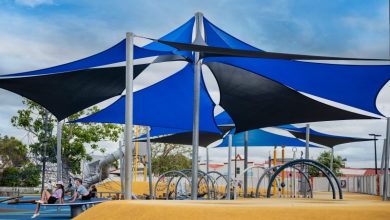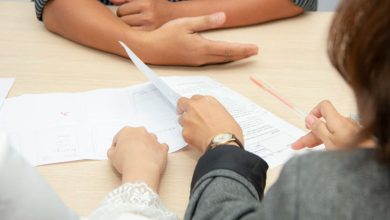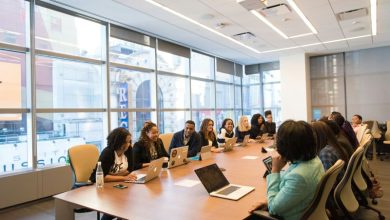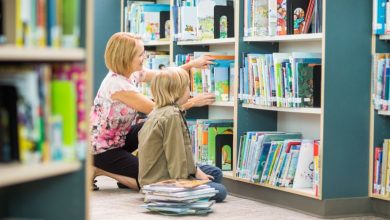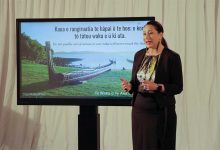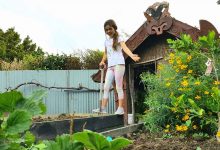Learning at home: start with relationships
He moana pukepuke e ekengia e te waka. A choppy sea can be navigated.
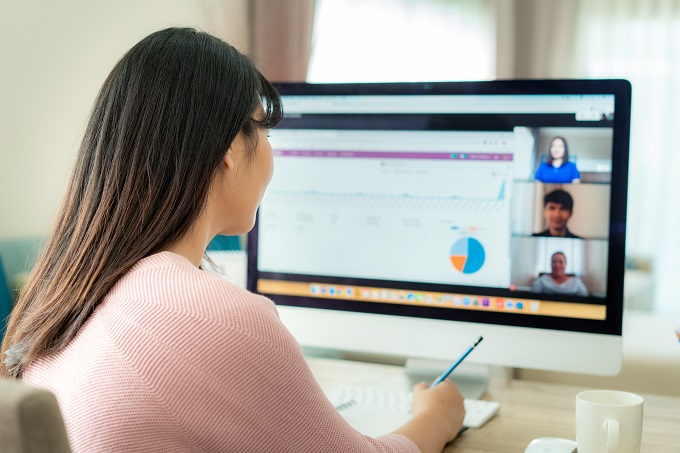
Firstly a huge mihi to all educators for everything you are doing for ākonga and communities as you prepare to teach in different ways.
Ākonga and whānau will look to you for guidance and support as they adjust to thinking about learning at home, and what this means. Complex, we know, especially as you prepare for changes in the day to day lives of your own whānau too.
CORE Education is publishing a series of blog posts to help you with the planning and preparation you’ll be doing. These will be underpinned by our commitment to Tiriti o Waitangi, as well as our expertise and knowledge in online learning, effective pedagogy, and Universal Design for Learning. Published over the next two weeks, the blogs present a chance to step back, reflect, and anticipate some of the things leaders and kaiako could consider now that learning has shifted to home. They cover considerations that are applicable to early learning services, kura and schools and Māori medium settings. Also, please let us know if you have areas you would like us to focus on.
In this first blog, as you move from your workplace to home, we offer four key points focused on building and strengthening relationships.
- Keep relationships at the centre
- Invest in the wellbeing of kaiako
- Empower and affirm ākonga
- Remove barriers to staying connected
Relationships at the centre
Begin with the people. Focus your initial thinking on building connection. Relationships will be more important now than they ever have been. We all need to find ways to ensure the virtual components of our programmes include opportunities to simply connect in personal and meaningful ways. Children in isolation overseas are saying that they really miss their friends. Kaiako used to collaborating may also find job satisfaction is harder to achieve with less day to day human contact. So, how can you put relationships at the centre of what you do?
Suggestion: Have a plan that everyone is a part of to reach and engage all ākonga.
“Connecting with people who make you feel safe and loved is the most important thing you can do to look after your mental health and the mental health of people around you.” Looking after mental health and wellbeing during COVID-19.
Invest in the wellbeing of kaiako
Collaborating and working as a team will ease the pressure on individual kaiako. No one should feel alone. Keep the connections strong so that you can listen to diverse perspectives, agree on ways forward together and overcome any obstacles you encounter.
It may also help to create an agreed set of expectations in our new reality. Keep it broad, but with enough structure to provide a framework for planning. It is not going to be possible to simply move what you do face-to-face into an online environment. Albany Senior High School recently sent these guidelines to their staff, and have made them available for everyone. Consider if they are a useful reference point for your own communities.
Suggestion: As a learning community, have a plan for mutual support and keeping an eye on each others’ wellbeing. Ensure each kaiako has a colleague or friend they can lean on, be in regular contact with. Create regular opportunities for simply connecting and checking in.
Empower and affirm ākonga
Empowering the wairua and enhancing the wellbeing of ākonga is paramount. It’s what teaching and learning are founded on. Learning from home will present a new and unexpected set of challenges for ākonga, and they’ll need our support to navigate these successfully. Ensuring that ākonga thrive, are connected to their language, culture and identity and have all aspects of their hauora balanced will be a challenge for a kaiako to consider thoughtfully.
“Take care of our children. Take care of what they hear, take care of what they see, take care of what they feel. For how the children grow, so will be the shape of Aotearoa” – Dame Whina Cooper
Suggestion: in a planning meeting, ask yourselves these questions:
- How will we share with ākonga and whānau our ongoing commitment to their learning and wellbeing?
- How might we continue to strengthen our learning relationship with ākonga and whānau in online environments?
- How will we ensure all ākonga are well supported during this transition?
- What are the cyber-safety and digital citizenship considerations of having ākonga online?
- What safety protocols do we need to put in place before bringing ākonga into virtual meetings or conference calls? For example, one protocol might be that before they activate their cameras in a video conference, everyone has “video off” as the session starts, and then mindfully starts their video when it’s OK to do so.
Remove barriers to staying connected
Our schools, kura and early learning settings have closed this week. We do not know how long we all might need to engage in learning from home. Access to connection options will vary across your community. It is important that we steer away from single, one size fits all solutions and work to find individualised solutions for all ākonga and their whānau. This will require us to identify the barriers and the access constraints within our communities, and create innovative solutions that will be inclusive and responsive to everyone’s needs.
Suggestion: Check in with ākonga and their whānau to identify their current accessibility status and explore all possible solutions to empower them to engage in distance learning.
- Explore opportunities for ākonga to work in ways that can be supported by occasional internet access.
- Provide ways for ākonga and their whānau to confidentially contact someone they feel comfortable speaking with if they have an equity or access concern.
- Find out if whānau or members of your community have old, unused smartphones with no SIM card that will still be useful on a family wireless connection.
How can we help?
CORE Education’s facilitation team can help you or your learning community transition to teaching and learning from home. We are committed to a people-first approach and will work alongside you to find solutions that will work for you.
Visit here for more resources about learning at home
Acknowledgements
Albany Senior High School Instructions for Going Remote. Accessed from DisruptEd Facebook Group. Google Doc (March 2020).
Mental Health Foundation Looking after Health and Wellbeing During Covid-19. Accessed from Mental Health Foundation website (March 2020).


